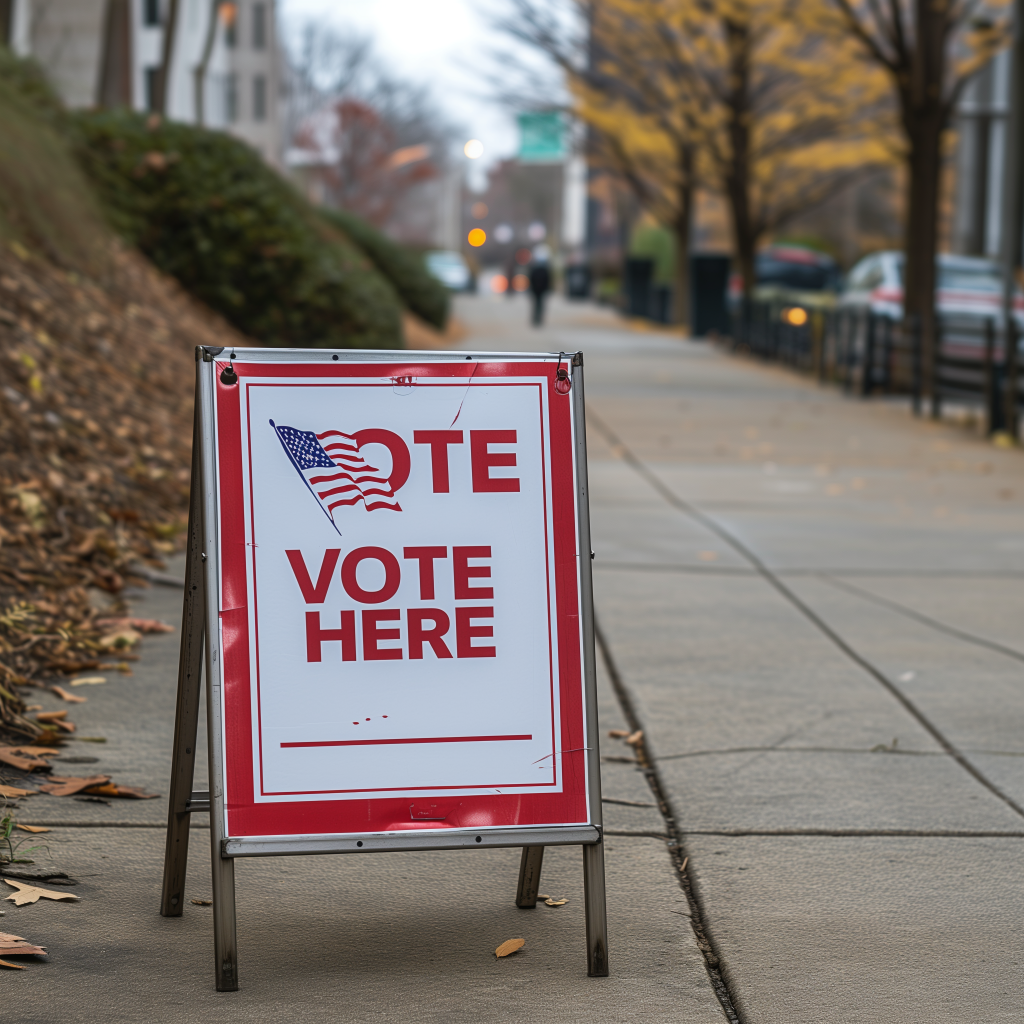In an unprecedented move, Oregon voters will soon decide whether to adopt a form of universal basic income (UBI), potentially making the state the first in the nation to offer guaranteed annual payments to all residents. Known as the Oregon Rebate, this initiative proposes to raise the minimum tax on large corporations and distribute the revenue as cash rebates to citizens, regardless of income.

The measure would impose a 3% tax increase on businesses with over $25 million in in-state sales, directing the proceeds to Oregon residents. If approved, most would receive annual tax rebates, while lower-income residents could opt for direct cash payments. Initial projections estimated a rebate of $750 per resident; however, recent state analyses predict that could rise to as much as $1,605 by 2027.

Supporters of the initiative, including the Yes on Measure 118 campaign, tout its simplicity: large corporations contribute more in taxes, and Oregonians benefit from direct payments. Campaign spokesperson Antonio Gisbert emphasized the positive response from voters during the petition process, suggesting widespread support for the idea.

While the concept of universal basic income has gained traction in recent years, particularly through pilots in cities like Stockton, California, the Oregon measure faces significant opposition. Critics argue that this form of guaranteed income, while appealing in theory, could strain the state’s budget and drive up consumer costs. Both Democratic and Republican leaders, along with major business organizations and labor unions, have voiced opposition. Governor Tina Kotek warned that the initiative could create a substantial deficit in Oregon’s budget, potentially derailing other critical state programs.

Opponents, including the coalition Defeat the Costly Tax on Sales, claim the tax will disproportionately hurt businesses with slim profit margins, such as grocery stores, leading to higher prices for consumers. The business community has rallied against the measure, raising over $9 million to prevent its passage.

On the other hand, some proponents of guaranteed income programs worry that Oregon’s broad approach could undermine more targeted efforts designed to help those in dire need. Advocacy groups argue that limited resources should be directed toward residents facing economic hardships, rather than distributed universally. They fear that the rebate could also interfere with eligibility for other essential programs, such as food stamps or housing assistance.

Despite these concerns, the Oregon Rebate has garnered support from influential backers, including Silicon Valley advocates of universal basic income. With both widespread support and strong opposition, the outcome of November’s vote will likely have national implications, influencing future efforts to implement UBI programs across the United States.

As the debate heats up, Oregonians will weigh the promise of extra income against the potential economic risks. For now, the question remains: will voters embrace a bold new approach to economic justice, or will the practical concerns of the opposition prevail? The answer will be determined at the ballot box this November.





